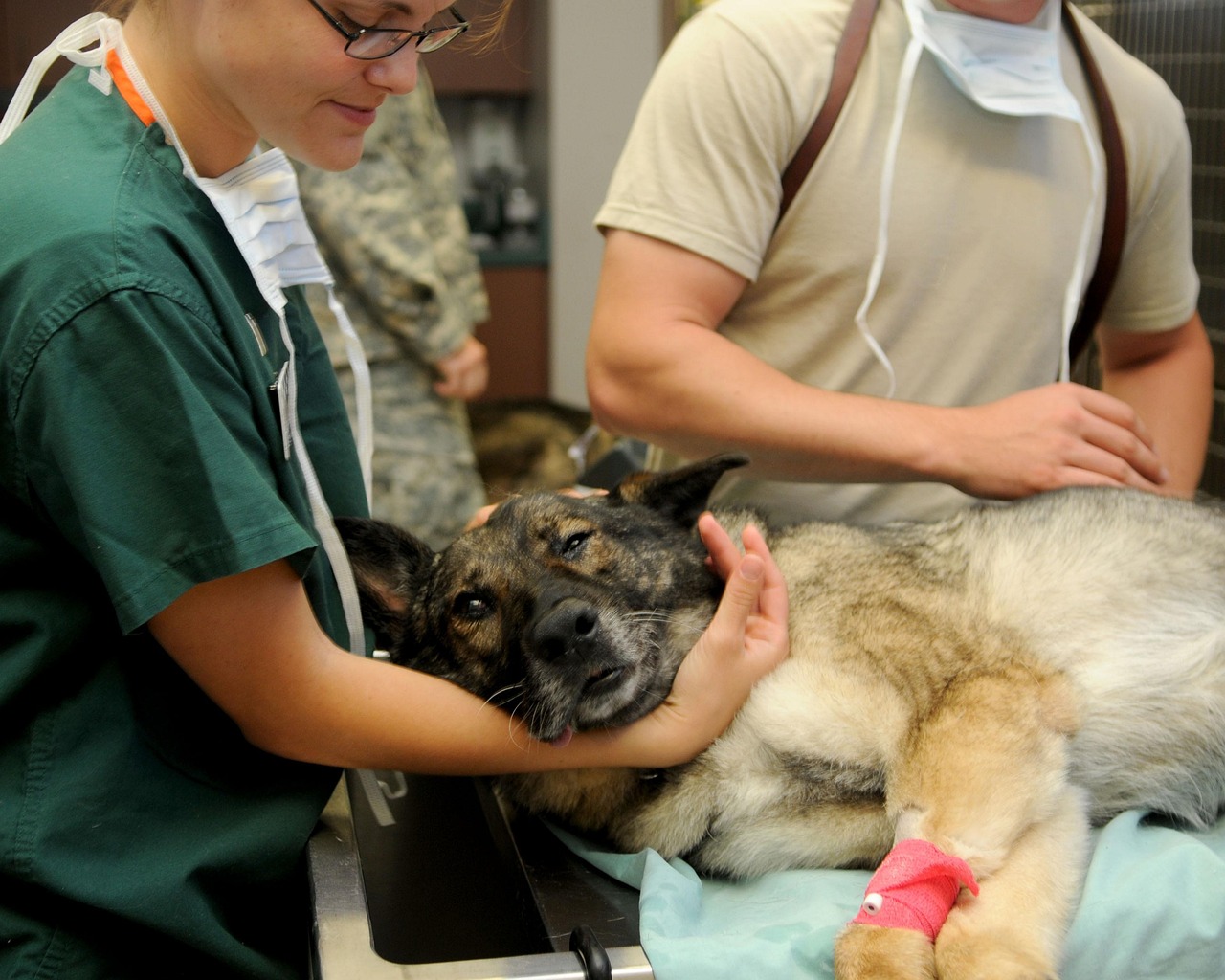



Professional Professional Skills Development Program
Exotic Animal Nutrition Planning & Dietary Management System
Master the complex nutritional requirements of exotic animals through this comprehensive system covering species-specific diets, nutritional assessment, and feeding management for reptiles, birds, small mammals, and other non-traditional companions. This evidence-based approach ensures optimal nutrition for exotic species with highly specialized dietary needs.
Species-Specific Nutritional Requirements:
- Reptilian Nutrition: Carnivorous, herbivorous, and omnivorous reptile diets including live feeding, supplementation, and calcium balance
- Avian Dietary Management: Seed diets, pellet nutrition, fresh foods, and foraging enrichment for different bird species
- Small Mammal Feeding: High-fiber diets, cecotrophy management, and species-appropriate nutrition for rabbits, guinea pigs, and chinchillas
- Amphibian & Aquatic Nutrition: Live and prepared diets for frogs, salamanders, and aquatic species with water quality considerations
Nutritional Assessment & Monitoring:
- Body Condition Evaluation: Species-appropriate methods for assessing nutritional status and body condition
- Growth Monitoring: Tracking development in juvenile exotic animals with species-specific growth curves
- Dietary History Analysis: Evaluating current diets and identifying nutritional deficiencies or excesses
- Supplementation Protocols: Appropriate vitamin, mineral, and nutrient supplementation for captive exotic animals
Exotic Nutrition Specialization:
Exotic animal nutrition specialists earn $45,000-$95,000 annually with consulting opportunities reaching $75-200 per assessment. This specialized knowledge is essential for zoos, exotic veterinary practices, and wildlife rehabilitation facilities where proper nutrition directly impacts animal welfare and longevity.